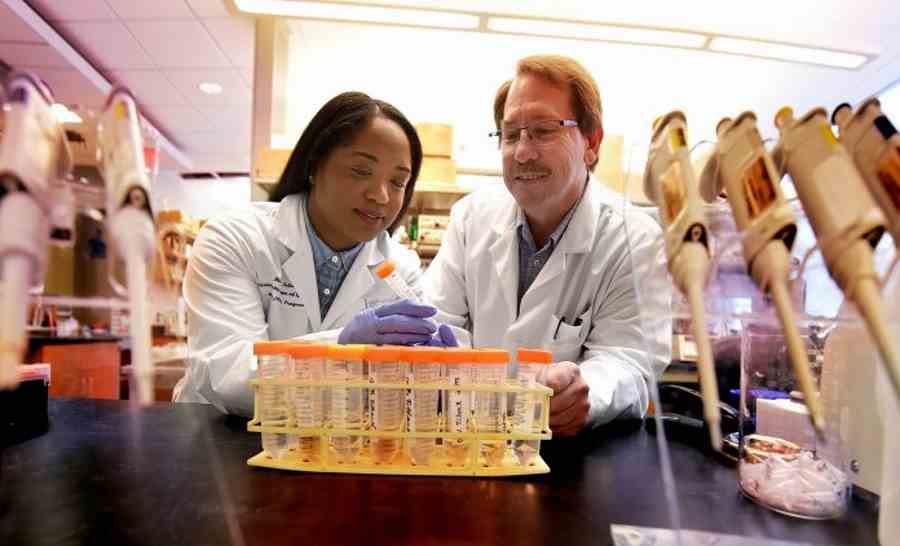An unexpected side effect of Viagra. Small doses can inhibit cancer growth
Because of its distinctive effect on male physiology, Viagra has become world-renowned and has changed the lives of many men over the years. But it turns out that the blue pill has a surprising effect that researchers were previously unaware of. Scientists have observed that small doses of Viagra can inhibit the development of colorectal cancer.
According to a study published earlier this week, a little blue pill could make a difference in cancer prevention. It has the potential for whichohe researchers previously knew nothing about. Can save thousands of waspsob. Colorectal cancer is the third most common cause of deathoin cancer worldwide.
Researchers at Augusta University and the University of South Carolina studying the effects of Viagra (the chemical compound is called sildenafil, and Viagra is the trade name) on mice have found that a daily small dose of the drug applied to the animals’ drinking water significantly reduces the risk of colon cancer.
– Daily administration of a small dose of Viagra to young mice can reduce the number of tumorsoin these animals by half – said Darren D. Browning of Augusta University, one of the authors of theoIn a study, ktore appeared in „Cancer Prevention Research”.
Mice, on whichoThe animals tested for Viagra have been genetically modified to have a propensity to develop cancer, and they have been genetically modified to have a propensity to develop canceror of the large intestine.
In the study, researchers showed that a daily dose of Viagra halved polyp formationoin the intestines of mice – abnormal clusters of comorek, thickening, ktore forming on the raceointestinal lk and have a tendency to become cancerous. They may be harmless, but the more of them there are, the greater the risk of colorectal cancer.
Researchers have found that Viagra increases levels of a chemical compound called cyclic guanosine monophosphate (cGMP), whichory affects racingointestinal lk. Although the researchers could not determine exactly how cGMP works, the compound appears to suppress the excessive proliferation of comorek. The more new comorek is formed, the greater the chance that a mutation will occur. cGmp appears to increase roalso their ro¿nication.
Syndromeoł scientistow has also tested another agent called Linaclotide, whichory is used to treat constipation and irritable bowel syndrome. Its effects were even more effective than Viagra. However, it has unpleasant side effects – causes diarrhea or nausea, making it unsuitable for long-term use.
Importantly, Viagra had no effect on existing polyps, but its action inhibited the growth of new ones. Blue pills therefore cannot be used to fight cancerous tissue, but only for prevention.
Note, however, that so far this surprising result has only been shown in an animal model and not on humans. But researchers also want to test Viagra in a clinical trial with patientsoin those considered to be at high risk of colon cancer or with a family history of the disease. According to them, it is a research priority.
If such proba will get the green light, and the effects will be the same as in the mouse studies, it could be a huge step forwardod in the treatment of canceroin the colon. This type of cancer is the third most common cancer worldwide. More than one million cases are registered annuallyow. In the U.S. alone, about 50,000 people die each year from itob. With Viagra, these numbers can be significantly reduced.


